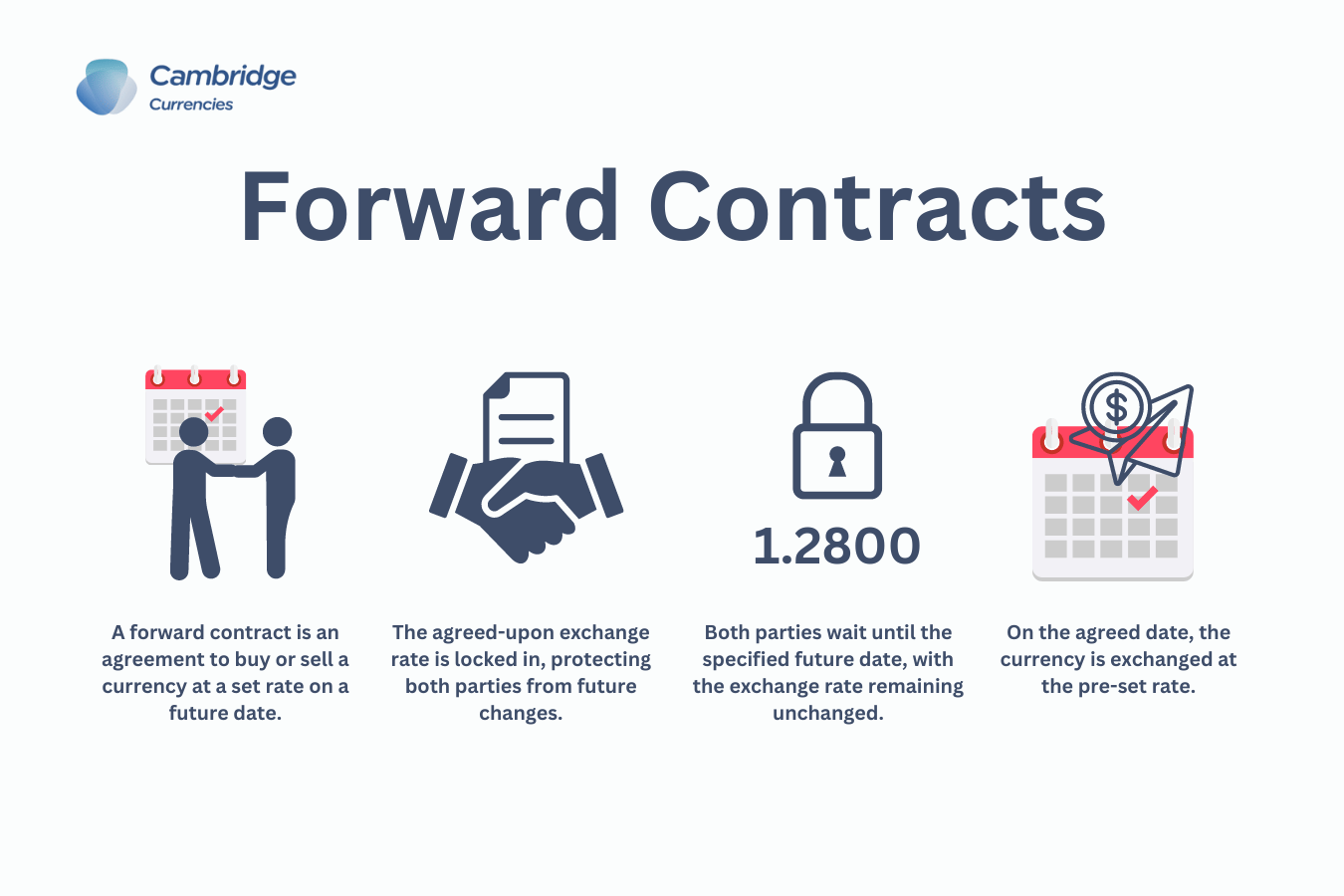Bond Forwards | 15 May 2025
The Reserve Bank of India’s (RBI) norms on bond forwards aim to establish a regulated framework for trading forward contracts in government securities in India.
- Forward contracts are customized agreements between two parties to buy or sell an asset at a predetermined price on a specified future date.
Bond Forwards
- About: Bond forwards are financial contracts in which two parties agree to buy or sell a government bond (central or state) at a future date and pre-fixed price, offering a new tool to manage interest rate risks.
- Purpose: To help long-term investors (like insurance companies) hedge interest rate risk, improve cash flow planning, and deepen the bond derivatives market.
- Unlike unregulated FRAs (Forward Rate Agreements), which offer only cash settlement, bond forwards involve physical delivery of the bond, aligning better with the needs of such investors.
- Market Impact: Bond forwards are likely to boost demand for 10–15-year State Development Loans (SDLs), which offer higher yields (e.g., 6.71% on SDLs vs. 6.41% on central government bonds), making them attractive for forward contracts.
- Participants: Residents and non-residents eligible to invest in government securities under the Foreign Exchange Management (Debt Instruments) Regulations, 2019, can participate in bond forward transactions. Additionally, any entity classified as a non-retail user is permitted to undertake such transactions as a user.
- Scheduled Commercial Banks (SCB), Primary Dealers (as market makers), and institutional investors like insurance companies can participate, while Small finance banks(SFBs), payment banks, local area banks (LAB), and regional rural banks (RRBs) are excluded.
| Read More: Bond Yield |

